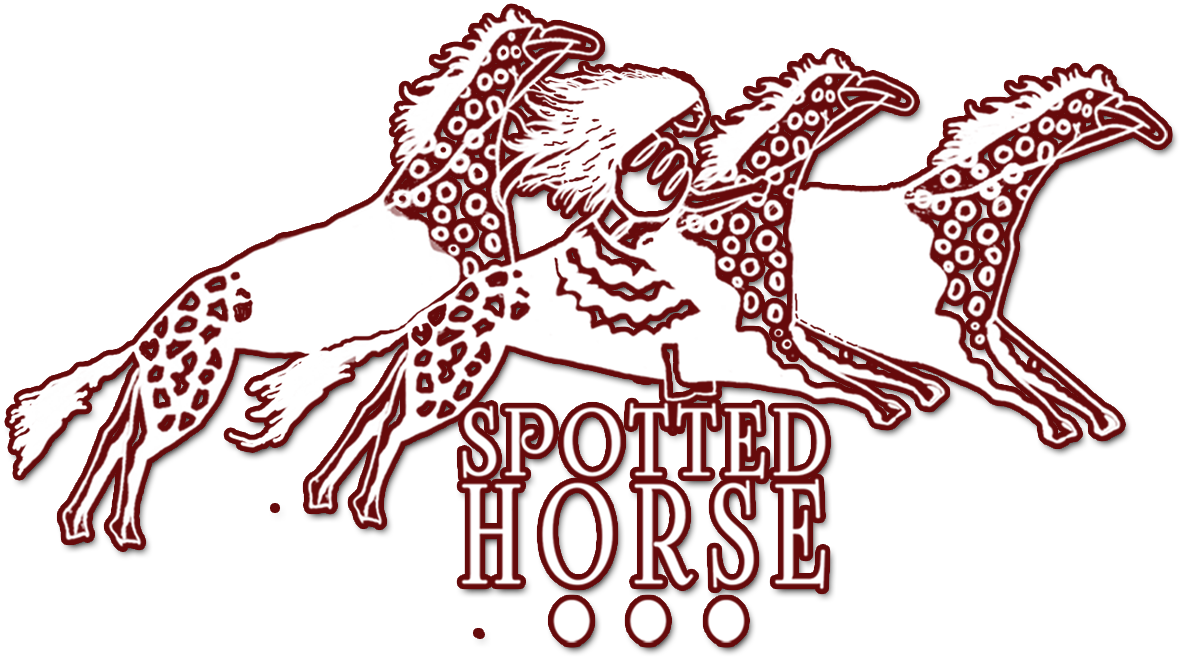The Seventh Generation Amendment
Winona LaDuke
Photo by Sarah LittleRedfeather
Now that all the politicking is over, and the polls closed; it’s time to make a better future for all of us. That means whether we are poor or rich, brown, or white, urban, or rural. That also, from my perspective means caring for our relatives who have wings, fins, roots, or paws and the water which gives us all life. We all live here, omaa akiing.
I believe it’s time to make decisions for the seventh generation ahead.
Indigenous peoples have a long history of representational democracy, consensus building, and sustainability- that is until the military, church and germ warfare leveled most of our villages and attempted to erase our history. Those teachings and some of those institutions, however, remain.
The Six Nations Confederacy, or Haudenosaunee have the longest standing representational democracy in the western hemisphere, a 1000 or so years of working together. The Nations in the confederacy include the Iroquois, Onondaga, Mohawk, Tuscarora, Oneida and Seneca, spanning much of the northeast, or a territory the combined size of Germany and France. Long ago, they found what is called the Tree of Peace, burying weapons, and looking to create a peace which would last for centuries. Really, as America continues to watch and participate in continuous wars, it is a gift to think of peace.
Indeed, the “founding fathers” of America, Ben Franklin, Thomas Jefferson, and others such spent much time learning from the Iroquois, as those early Americans had little or no experience with democracy- they came from monarchy and oppression. Those founding fathers missed some important parts of the creation of a democracy, notably, the idea of peace, and that the only ones who could vote were white men who owned lands, those would be most likely stolen.
Those Fathers also missed that in the Haudenosaunee, women approved the leaders. In America, women had no vote until the 20th century.
The teachings of sustainable democracy and government are profound and complex. One of the most profound is the intergenerational responsibility of leaders. Six Nations speak of a principle called the Seventh-Generation teaching- where leaders are instructed to “consider the impact of their decisions on the seventh generation from now’.
That’s a profound teaching, and a stark contrast to America’s current political promises, 4-year terms, special interest lobbying and decisions based on quarterly profits. How about if we thought long term?
In 1996 and 2000, I ran for Vice President of the United States. I ran as Ralph Nader’s running mate, a Green Party Candidate. There are many reasons for this decision, but foundational, the Seventh-Generation amendment was one of the most basic. Walter Bresette a Red Cliff Anishinaabe man led the Seventh Generation Committee of the Green Party. There are many principles of Indigenous governance, but perhaps one of the most salient is the Seventh-Generation teaching, embraced by the Green Party.
Consider this: The 5th Amendment to the US Constitution provides some protection for private property, but there is no protection for common property- the air, the water, the soil. That’s the basis for the Seventh Generation Amendment, someone must protect the commons. The proposed amendment read:
“…The rights of the people to use and enjoy air, water, sunlight, and other renewable resources determined by Congress to be common property, shall not be impaired, nor shall such use impair their availability for the future generations”.
Why is this important? Agricultural runoff destroys lakes and those lakes do not belong to the hog farm owners. They belong to the commons. Or in the thinking of many, they belong to the Creator, or Mother Nature. Some 47% of the lakes in Minnesota are contaminated. Agriculture is the primary culprit. Companies and countries dump garbage in the ocean. The ocean is not their personal waste bucket. And fossil fuel companies pollute the air and spill oil. The fires and contamination impact us all. Superfund sites, of which there are 1000’s left by corporations, are really a tragedy of the commons.
And, what’s worse, is that we often don’t make corporations clean up the messes they made, we just pay for it ourselves, through our tax dollars.
Land, air, and water do not belong to private interests and there’s no protection for Mother Earth or future generations.
Indeed, the taking of common property through abuse of private property use should be illegal:
… it’s a theft from present and future generations, who all have a right to clean water.
This constitutional amendment, a proposed is really an evolution of the American legal system, and it’s an essential one. At the same time, the foundation or basis for this amendment is well within the preamble of the constitution.
“We the People of the United States . . . secure the Blessings of Liberty to ourselves and our Posterity."
Posterity is for the Seventh Generation from now. Indeed, Indigenous legal canons are very applicable in modern day America. As we witness political crises in the democracy, from the January 6, 2021, insurrection to the corruption at many levels of governance, it’s time to look to those who have long time experience with living in peace.
Now that election season is over how about we look at caring for the future generations. Let’s take care of the seventh generation from now.
Photo by Sarah LittleRedfeather



